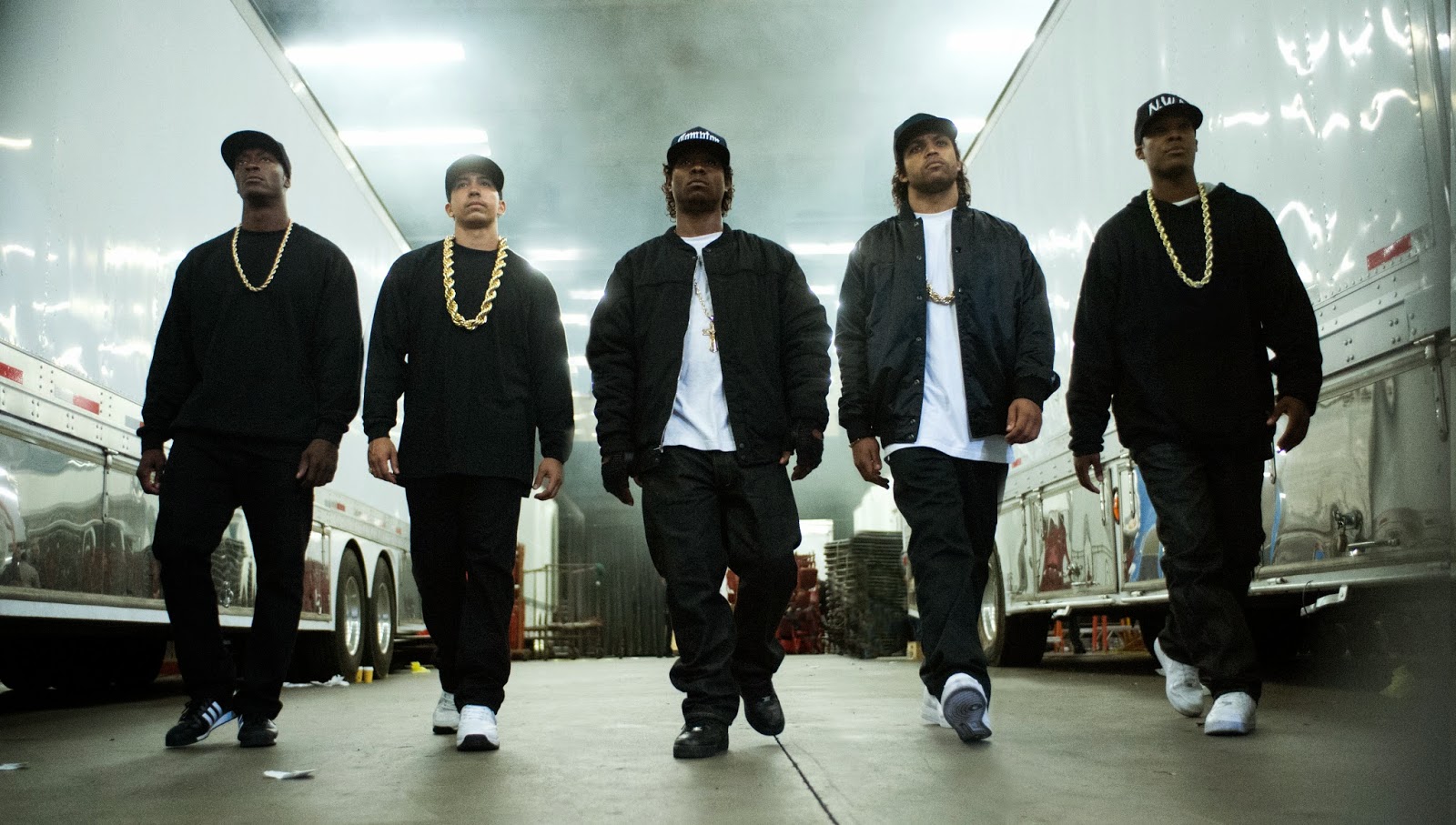A Walk in the Woods
by Hope Madden
In 1998, Bill Bryson published the funny human adventure A Walk in the Woods – the tale of a man grappling with his morality by walking the Appalachian Trail. To stave off boredom he invites (perhaps mistakenly) a friend. Though it lumbers at times, the book is a fun odd couple account of human frailty and the vastness of the natural world.
It’s 2015, and Robert Redford has released a broad, uninspired treatment/vanity project. Redford plays Bryson, the travel writer bristling against age and stagnation. Nick Nolte is Stephen Katz, the overweight, gimpy recovering alcoholic eager to accompany him on his journey.
It’s hard to understand what made Redford want to create this wisp of a comedy road trip after last year’s gripping The Wild, a film that treads very similar ground. But where Reese Witherspoon’s Oscar nominated flick illustrated personal exploration and the redemptive power of nature, Redford’s is content with lazy gags and hollow attempts at profundity.
Redford and Nolte lack chemistry, and while Nolte entertains in several humorous moments, Redford’s utter lack of comic timing is itself kind of awe inspiring.
It’s also absurd casting, given that Bryson – in his 40s when he attempted the trail – was facing a midlife crisis, yet feared he may be too old to make the trip. Nick Nolte is 71 and Robert Redford is 79, for lord’s sake.
At least you can expect a breathtaking view, though, right? Wrong. Director Ken Kwapis misses every opportunity to exploit the sheer gorgeousness of the AT, providing no more than 3 lovely, if brief, images of natural beauty. Nor can he authentically express the passage of time, articulate the grueling nature of the journey, or build tension, and he and his writers (Rick Kerb and Bill Holderman) utterly abandon the enjoyably creepy representation of the South you’ll find in Bryson’s text.
An early draft of the script came from Michael Arndt, whose work on Little Miss Sunshine and Toy Story 3 suggests the kind of playful humor and storytelling skill the project deserved. Unfortunately, the end product came from the keystrokes of Redford’s regular contributor Holderman, which may be why Redford so rarely makes decent movies anymore.









